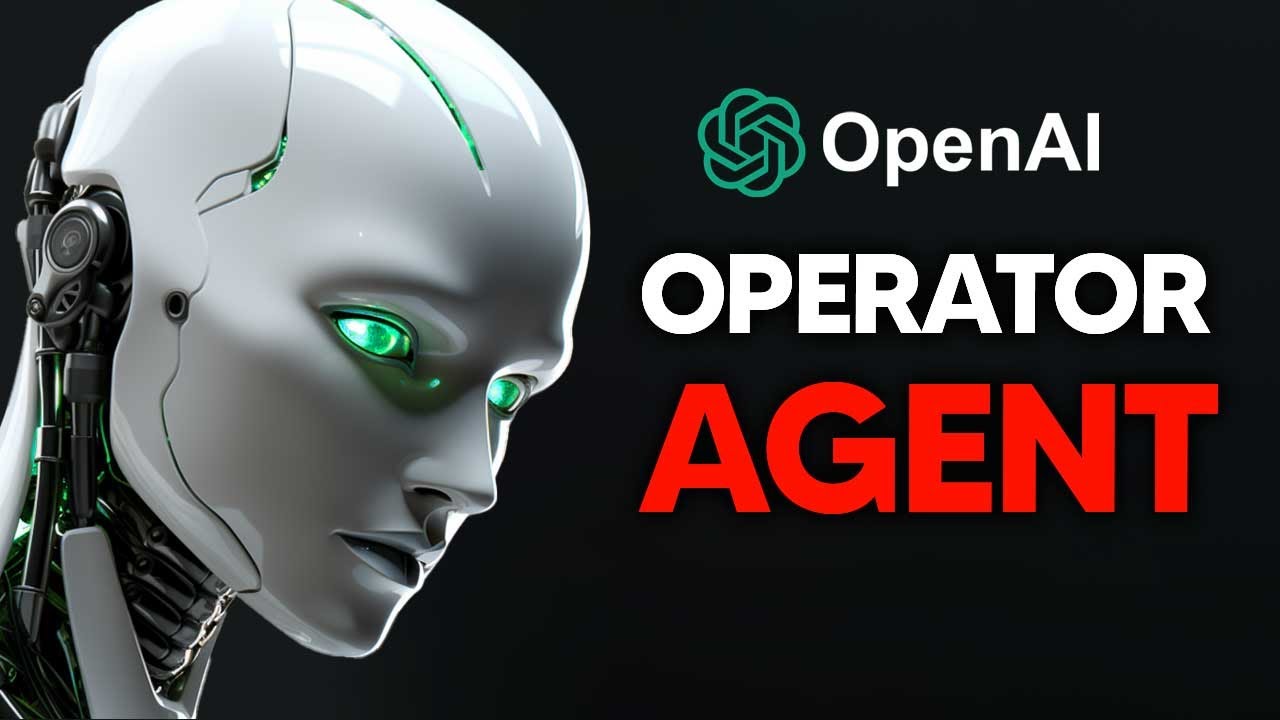OpenAI is introducing a new AI agent called “Operator,” designed to perform tasks like coding and travel booking, with a research preview set for January 2025 aimed at developers and researchers. Additionally, OpenAI is developing multiple AI agents, including a collaborative framework called OpenAI Swarm and Co-Pilot agents in partnership with Microsoft, which will enhance automation and user interactions in various applications.
OpenAI is set to introduce a new AI agent codenamed “Operator,” which is designed to perform tasks on behalf of users, such as writing code and booking travel. This announcement was made during a staff meeting, and the company plans to release a research preview of the tool in January 2025 through its API, primarily targeting developers and researchers rather than the general public. This limited release is intended to gather feedback before a broader rollout later in the year, coinciding with the anticipated release of GPT-5.
In addition to the Operator agent, OpenAI is reportedly working on multiple AI agents, including a general-purpose tool that can execute tasks in a web browser. This indicates that OpenAI is pursuing various projects simultaneously, which may lead to different agents being released at different times. The development of these agents is part of a broader strategy to enhance AI capabilities and user interactions.
One of the notable projects is the OpenAI Swarm, a framework for managing multi-agent systems. This experimental framework allows multiple AI agents to collaborate on complex tasks by breaking them down into subtasks, enabling seamless handoffs between agents based on their expertise. This approach aims to make coordination among agents more efficient and customizable, enhancing their ability to work together on intricate tasks.
OpenAI is also collaborating with Microsoft on Co-Pilot agents, which will operate in the background to autonomously execute tasks without constant user input. These agents can monitor communications, summarize information, and trigger appropriate responses, effectively managing long-running processes like customer service tickets. This represents a significant shift from traditional co-pilots that rely on user prompts, showcasing the potential for more autonomous AI interactions.
Overall, the landscape of AI agents is evolving rapidly, with OpenAI leading the charge in developing various types of agents, including browsing and voice agents. As these technologies advance, they promise to fundamentally change how individuals and companies interact with AI, raising important considerations regarding permissions and security. The anticipated developments in 2025 suggest a future where AI agents play a crucial role in automating and enhancing everyday tasks.
